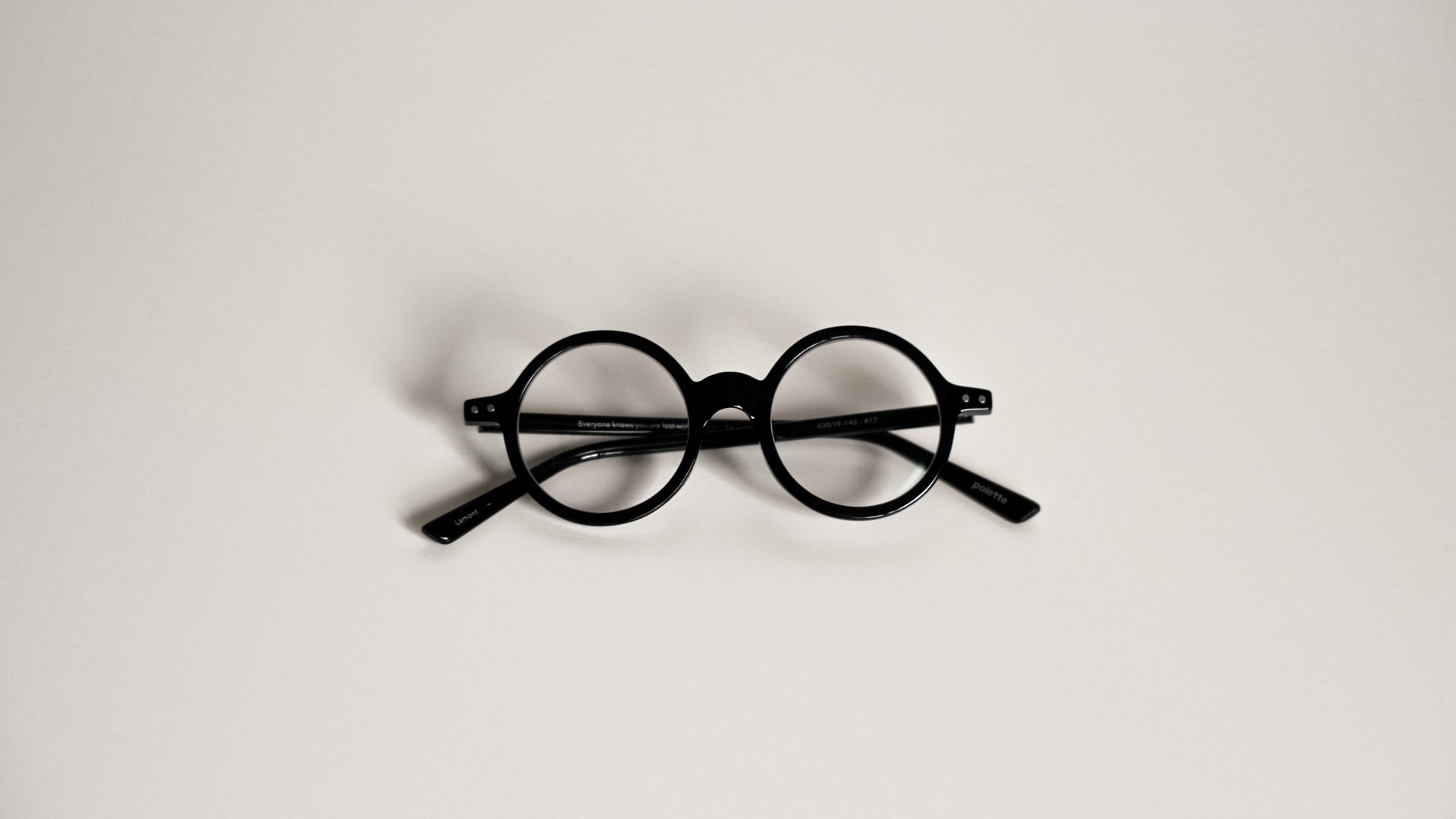As a retiree, it is financially prudent to maximize the advantage of the tax deductions and breaks available for seniors.
This is one of the important ways you can save money and preserve your nest egg.
Here are six of the most overlooked tax-saving opportunities for retirees.
Increased standard deduction
If you are 65 or older, you can save more money by using the standard deduction allowed by the IRS. The specific amount changes every year and it will depend on your filing status.
You can get a higher amount of standard deduction, if you don’t itemize your deductions at the age of 65 or above. The standard deduction amount gets even higher if you or your spouse is visually impaired.
Federal tax exemption for Social Security benefits
If your social security benefits and other earnings do not exceed $25,000 per year, you are not required to pay federal income taxes.
If you are married and file your returns jointly, you are not required to pay federal income taxes, as long as your social security payments and other earnings do not exceed $32,000.
Tax credit for the elderly or the disabled
This is a special tax credit which is available for low-income seniors and disabled people.
The credit can range anywhere from $3,750 to $7,500 and can be deducted from the total amount owed to the IRS.
In order to qualify, you must meet the following criteria.
- You are 65 or older or you are under the age of 65 and have retired due to a permanent and total disability
- Your adjusted gross income does not exceed $17,500 per year and your non-taxable social security, disability, and other incomes do not exceed $5,000 per year
Medical and dental expenses
If you choose to itemize your deductions, you can deduct your medical as well as dental expenses from your income.
The caveat is that you can only deduct those expenses that exceed 7.5% of your adjusted gross income.
For instance, if your adjusted gross income is $100,000, and if your medical and dental expenses are $10,000, you can deduct $2,500 ($10,000 minus $7,500) from your income.
The expenses you can deduct include:
- Prescription medications
- Health insurance premiums
- Long-term care insurance premiums
- Cost of dentures, glasses, and orthodontic appliances
- Cost of therapy
- Cost of in-home care and other related services
On the other hand, if you are self-employed, you can deduct your Medicare premiums (Part B and Part D), even if they do not meet the aforementioned 7.5% threshold.
Business expenses deduction
If you are self-employed or have started your own business after retirement, you can deduct all your business-related expenses from your income, which can include:
- Tools, supplies, and equipment needed for your business
- Advertising and marketing expenses
- Cost of building your website
- Fees charged by consultants and other experts
- Home office expenses
Tax-free profits on selling your home
If you are thinking of selling your home which you use as your primary residence and relocating to a different place, you can earn a substantial profit on which you might not have to pay any taxes.
As long as you have lived in your home for a period of two years or longer out of the five years prior to the sale, you are not required to pay any taxes on profits, up to $250,000 if you are a single taxpayer and up to $500,000 if you are married and file jointly.


